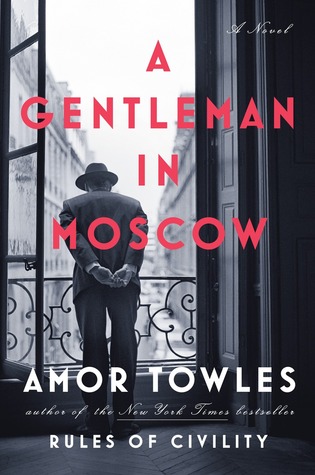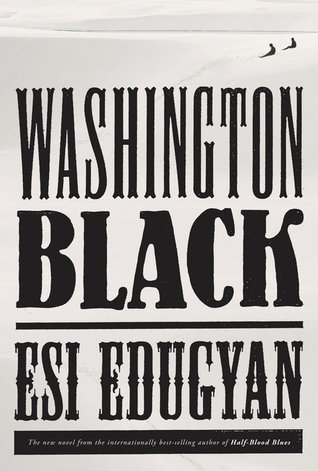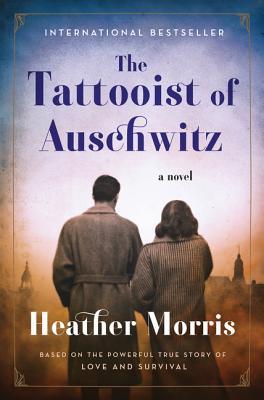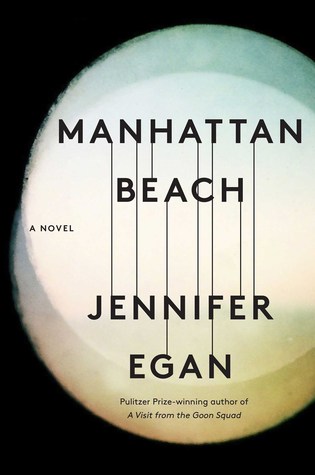Multiple award nominee and New York Times bestseller, A Gentleman in Moscow is a literary feast for hearty appetites. There is something about the winter months that makes us want to curl up with the thickest tomes under a pile of blankets, tucked away in the recliner beside a roaring fire. (Isn’t this something Count Rostov contemplated?) This delightful masterpiece is the perfect selection for such an occasion. Be prepared for sighs of satisfaction. Viking | 2016 | Hardcover | 462 pp
Count Alexander Ilyich Rostov was lucky to have escaped the firing squad during his tribunal appearance at the Kremlin. The Bolsheviks had taken control and toppled the Tsar, and all aristocrats has been put to death or sent to the gulags. Here was Russia’s foray into communism. The young count had returned to Russia from Paris, to see to his family, only to be detained by the new government on account of his birth. Due to the popularity of his poetry, his sentence was lenient. Stripped of his title and citizenship, and now a “Former Person”, he was to stay imprisoned at the Metropol, a fancy hotel where he had taken up residence, and never leave under threat of immediate execution.
Things could be worse.
Rostov is a proud aristocrat and gentleman of leisure. Although he is relieved of his grand room at the hotel, and forced into a tiny attic room in the belfry, he still enjoys the comforts of the hotel, its caretakers, and, of course, its ample provisions. The people who work at the hotel still address him as Your Excellency, his dignity is never diminished, and his pride remains intact, even through the course of decades and as his position in the hotel changes from guest to head waiter. Rostov remains at the hotel from Lenin to Stalin, through World War II, through the rise of nuclear power, and from the blackout days to the return of international journalists and travelers.
The hotel provides myriad guests to satiate his appetite for stimulating conversations. Over the years, he befriends Americans, ambassadors, starlets, professors, and even Russian government officials. People are naturally drawn to his optimism, his intellect, and his worldly views. The hotel also provides a small companion dressed in yellow. Nina becomes his student, for a short time. And she repays him, unintentionally. with the greatest gift of all.
The Metropol has a few dining options, but none more elegant than the Boyarsky. The Count believes Emile Zhukovsky, the head chef, to be a genius. While half of Russia was starving during the move into communism, and food production slowed vastly, the Count was still enjoying five star dinners.
“But in any period of abundance any half-wit with a spoon can please a palate. To truly test a chef’s ingenuity, one must instead look to a period of want. And what provides want better than war?”
Count Rostov is a food and wine connoisseur. He knows the perfect wine to compliment any dish, he can taste subtle variations in the chef’s preparations, and he knows the name and date of nearly any liqueur by taste. In time, and through friendships, he becomes the head waiter but this is not something he finds degrading. He finds great honor in his role – but mostly purpose. With his diplomacy and knowledge of guests, he prepares the seating arrangements to avoid any conflict, and helps to adjust the menu.
He is content, but still a prisoner. He can never leave the hotel or he will be killed. Yet, he never laments on this fact. He never yearns for freedom in soliloquies or falls into despair (aside from one dark moment). The fact that his situation is rarely discussed drives the reader’s curiosity of the main character’s emotional honesty.
My favorite part of the book is the style of storytelling with a narration that matches the feel and personality of Rostov. It’s a whimsical voice that deviates from the story to explain trifles and back stories, or even Rostov’s contemplations, in a thoroughly enjoyable way. We learn why the Count thinks temperature controls the fate of the world, about the nature of gentleman duels, about an actress’ juvenile meltdown, and about the cost of the revolution in the agricultural areas in Russia.
While the book takes place in a time and location of mass death and starvation, this isn’t a dark story. Quite the contrary. The Count, although sentenced to life imprisonment, lives in luxury compared to most of Russia. He has his books, his brandy, his cuisine, his friendships, and much more later on in the book. His privilege lingers on. But does he want freedom? Is he truly proud of his demotion in life from Count to waiter? He is too polite of a gentleman to complain.
A Gentleman in Moscow is, strangely, a charming read considering the dismal communist setting. It’s a beautiful story of adapting to change, just like Rostov’s moths (an allegory he repeats on occasion about the rapid evolution of the peppered moth due to changes in the environment). People must adapt to truly live. Highly suggested.
Bookstagram





